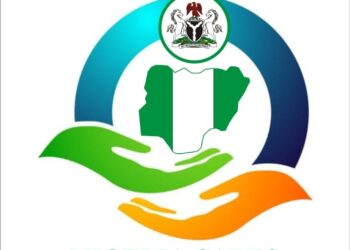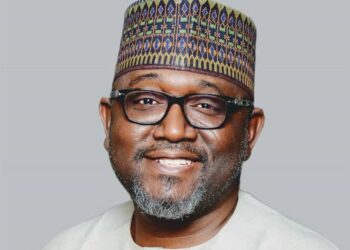President Muhammadu Buhari has approved the extension of the second phase of eased lockdown by another 4 weeks.
According to a monitored media report, this is the third time the second phase of the eased lockdown which is currently observed across the country is being extended
The disclosure was made by Boss Mustapha, the Secretary to the Government of the Federation (SGF) and Chairman of the Presidential Task Force (PTF) on COVID-19, during the Task Force briefing in Abuja on Thursday.
READ MORE: China will not accept any Microsoft-TikTok deal
The Federal Government had on July 27 extended the current lockdown by an additional one week due to the Sallah celebration on July 29.
Mustapha disclosed that the extension followed the briefing and recommendation to President Muhammadu Buhari on Wednesday on the progress made so far by Presidential Task Force in containing the spread of Covid-19 and keeping citizens safe from contracting the virus.
The PTF Chairman noted that they made a couple of recommendations to the president and the extension of the current phase of ease of lockdown was one of the ones approved.
READ MORE: NCC initiates second phase of sim deactivation, disables 2.2 million lines
He revealed that in the recommendation that was made to the president about retaining the current phase of the lockdown, the PTF made some minor changes to address the economic, socio-political concerns of Nigerians.
Under the current extended second phase, the current curfew of 10 pm to 4 am is still in force, civil servants on grade level 12 and above are now to resume work fully and close by 4 pm and no longer 2 pm that currently operates. He, however, said that virtual meetings by government officials and parastatals will be maintained.
He also said that while the restrictions on recreational parks have been lifted for non-contact physical activities, the ban on entertainment centres will be sustained.
Mustapha explained that despite the accomplishments and challenges, some challenges continue to pose a considerable concern. Some of them include increased non-compliance with non-pharmaceutical prevention measures, lack of enforcement of necessary guidelines issued to preserve lives, insufficient engagement by some states with the national response, and lingering concern about the gap between identified cases and the actual burden of disease.
He also talked about apathy, fatigue and disbelief combining to challenge public enlightenment, compliance and behaviour change.
The SGF said that to address these challenges, the PTF decided that it was important to ensure that restrictions were not completely relaxed in order to control transmission.
Download the Nairametrics News App
He noted that it was also important that at this Community Transmission Phase of the pandemic, sub-national governments should step up to take more responsibilities by owning the response.
The various state authorities and the Federal Capital Territory were mandated to enforce non=pharmaceutical guidelines, the use of face masks in public appearances and places.























